Building polyhedral models is a nice way to explore a lot of significant mathematics. The above models were made by printing patterns onto card-stock, cutting them out, and gluing them together. For these models, only triangular faces were used. These can give you a wide variety of cumulated (or augmented) polyhedra. The triangular faces are circumscribed to provide tabs that you glue together. You can fold and glue the tabs so that they are inside the models, but it is easier to leave them out, and they look nice this way (I think).
1. Decide on a model that you would like to make, and figure out how many faces you will need.
2. Copy and paste the images below into a document or presentation slide (PowerPoint works well) for printing. Choose the right ones for your model, and fit as many as you can on a single sheet.
3. Print out onto card-stock. Most desk ink-jet printers can take card-stock instead of printer-paper.
4. Cut out the units, fold the tabs, and assemble and glue.
Throughout this process, it helps if you have pictures of the polyhedra that you want to construct. Poly is a nice software package for browsing through families of polyhedra.
I’ve found that it works well to bend the tabs using a ruler, that glue-sticks provide the best gluing, and that it helps to hold the model together with binder-clips while assembling.
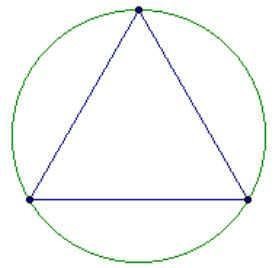
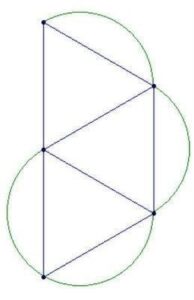
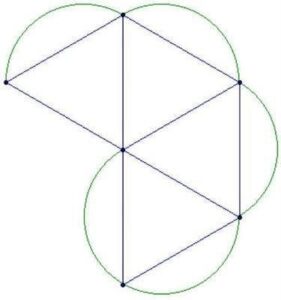
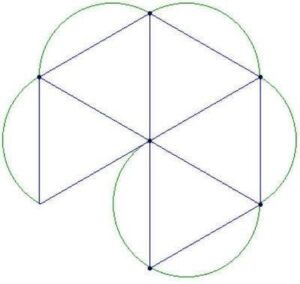
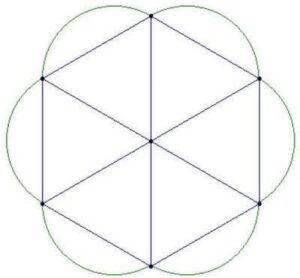
For more such insights, log into www.international-maths-challenge.com.
*Credit for article given to dan.mackinnon*

